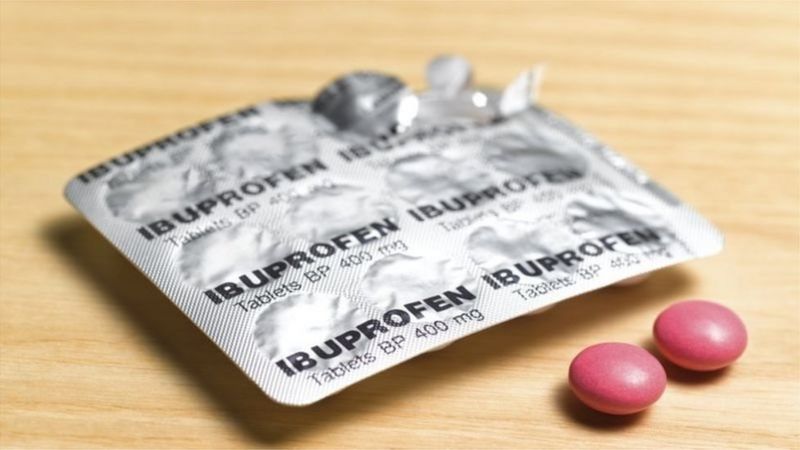Why is it recommended to discontinue Paracetamol to relieve alcohol fatigue?
October 14, 2021
Hangover fatigue for many of you, may be a common illness after a night party.
However, not everyone gets tired in the morning after drinking alcohol. The answer depends on the individual, the circumstances or the temporal factors.
All of these together can affect you when a person experiences feelings of weakness (and sometimes regrets for not drinking alcohol) or if it is high or low.
Where is the cause of weakness after drinking alcohol?
scientific researches suggest , the symptoms of post-alcohol fatigue have been trying to be given reasons to justify it. The first reason is dehydration.
But it is also caused by endogenous removal (i.e. substances produced in the body cells) such as glucose and some hormones. This can be due to the inability to digest large amounts of alcohol, which in turn leads to the accumulation of ethanol and the melting of its products in the blood.
However, it was not clear that the discomfort associated with a person after alcohol abuse was due to this condition and its nature is still being investigated.
During intoxication at night, few think about its effects the next day
This is how alcohol gets into your body
When we drink alcohol, the ethanol you have enters very quickly into the digestive system and later reaches the liver. This organ is involved in the process through the enzyme dehydrogenase (ADH).
In addition, digestion can lead to injuries and lead to fatty liver, which is the first step in developing liver disease caused by heavy alcohol consumption.
After we have considered the effects of alcohol abuse, let us consider some of the therapies used to deal with alcohol abuse and its effects.
If you have already gone through these steps you have ended up taking paracetamol or ibuprofen in the hope of getting some amazing anti-pain results. But do you know how these drugs work?
First of all, paracetamol is a pain reliever, it is very effective in controlling a fever or healing pain. It is one of the most widely used pain relievers.
However, these drugs do not have the ability to heal wounds, so if the pain is caused by the wounds, their effectiveness is limited.
The drug, at its dosage level, is safe and has no toxic effects. When it enters the body and into the bloodstream, it enters the liver and its function is often eliminated by the kidneys.
In turn, the drug ibuprofen falls into the category of non-steroidal anti-inflammatory drugs that help reduce pain.
It is usually given to a person with pain caused by injuries such as vascular disease - arthritis, teeth or muscle and menstrual pain.
In contrast to paracetamol, ibuprofen does not damage the liver, although due to its anti-inflammatory properties it can affect the gastrointestinal tract and damage the wall that protects the stomach. But it will do so on a smaller scale than any other group of medicines to heal wounds.
Paracetamol will make our liver work harder if we use drugs.
The problem of ingesting paracetamol after long-term use of alcohol is related to the whole body's functioning.
In turn, paracetamol also enters the liver system through processes: 80% through acid processes and 20% through CYP2E1 enzymes.
As you can see, these enzymes are involved in the process of the intoxication system and paracetamol. This is where the problem arises.
A good remedy for alcoholism is not drinking alcohol
In any case, caution should be taken ibuprofen may prevent the intoxication of the stomach in the stomach, by damaging the abdominal wall.
But this often does not happen after taking a single dose of this drug that prevents pain from internal injuries, side effects occur after repeated ingestion of the drug and when high doses are used.
However, let us remember that the best remedy for fatigue and pain after long-term use of alcohol is not to use alcohol. or, at least not to spend too much.



Post a Comment